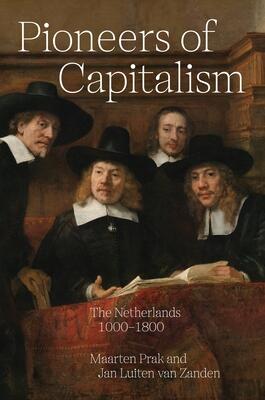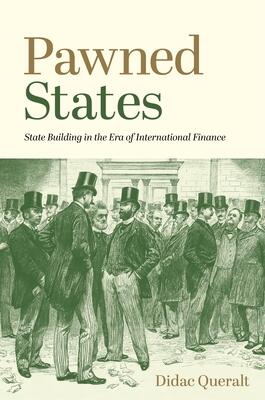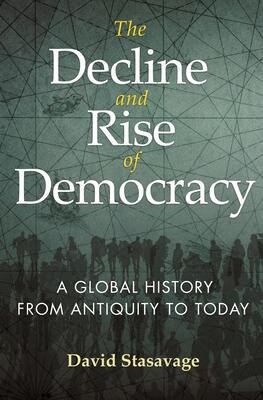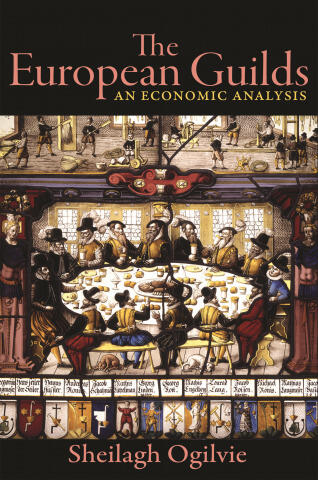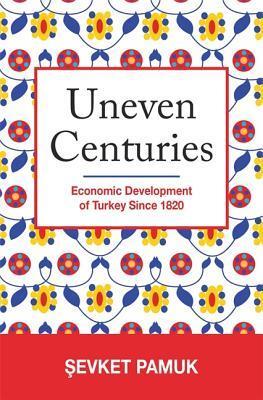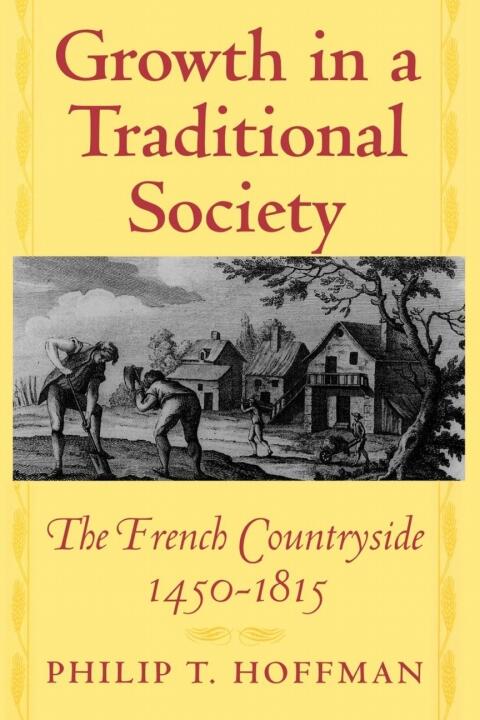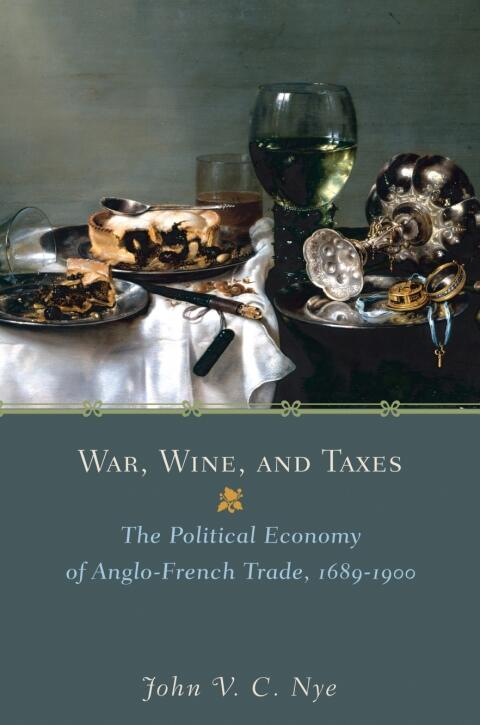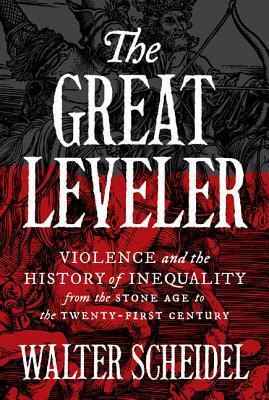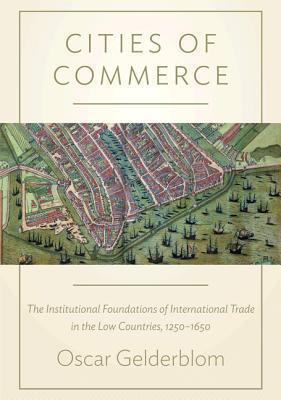
Cities of Commerce: The Institutional Foundations of International Trade in the Low Countries, 1250-1650
von
Oscar Gelderblom
Noch keine Bewertungen
Format
Gebundene Ausgabe
Seiten
312
Sprache
Englisch
Veröffentlicht
Sep 8, 2013
Verlag
Princeton University Press
ISBN-10
0691142882
ISBN-13
9780691142883
Beschreibung
Oscar Gelderblom's exploration into the dynamics of commerce in the Low Countries during a pivotal era presents a rich narrative filled with insights about the interplay between cities and trade. By examining the period from 1250 to 1650, the author sheds light on how urban rivalries fostered innovative institutional frameworks that transformed economic practices. These cities, characterized by their bustling market activities, became crucial arenas for negotiating trade agreements and establishing merchant networks.
The book delves into the complexities of trade relationships, detailing how competition among urban centers led to the creation of legal and economic institutions that laid the groundwork for modern commerce. Gelderblom meticulously analyzes a variety of historical case studies, illustrating how local decisions impacted broader economic trends and helped to shape international trade practices.
Furthermore, the narrative emphasizes the significance of geography and political structures in the success of these urban centers. With detailed discussions on governance and trade policies, the author paints a comprehensive picture of how cities in the Low Countries cultivated environments that not only facilitated trade but also encouraged innovation in commercial practices.
As a result, this work serves not only as a historical account but also as a theoretical framework for understanding the evolution of commerce in Europe. By connecting past events to modern economic principles, Gelderblom offers valuable lessons on how institutional foundations can influence the trajectory of trade over centuries.
The book delves into the complexities of trade relationships, detailing how competition among urban centers led to the creation of legal and economic institutions that laid the groundwork for modern commerce. Gelderblom meticulously analyzes a variety of historical case studies, illustrating how local decisions impacted broader economic trends and helped to shape international trade practices.
Furthermore, the narrative emphasizes the significance of geography and political structures in the success of these urban centers. With detailed discussions on governance and trade policies, the author paints a comprehensive picture of how cities in the Low Countries cultivated environments that not only facilitated trade but also encouraged innovation in commercial practices.
As a result, this work serves not only as a historical account but also as a theoretical framework for understanding the evolution of commerce in Europe. By connecting past events to modern economic principles, Gelderblom offers valuable lessons on how institutional foundations can influence the trajectory of trade over centuries.
Rezensionen
Noch keine Rezensionen
Sei der Erste, der dieses Buch rezensiert und deine Gedanken teilt
Erste Rezension hinzufügenLesetagebuch
Keine Lesetagebücher gefunden
Beginne deinen Lese-Fortschritt zu verfolgen, um Log-Einträge hier zu sehen
Füge dein erstes Lesetagebuch hinzuNotizen
Transaktionsprotokoll
Keine Transaktionsprotokolle gefunden
Beginne, deine Buchtransaktionen zu verfolgen, um Log-Einträge hier zu sehen
Fügen Sie Ihr erstes Transaktionsprotokoll hinzu

